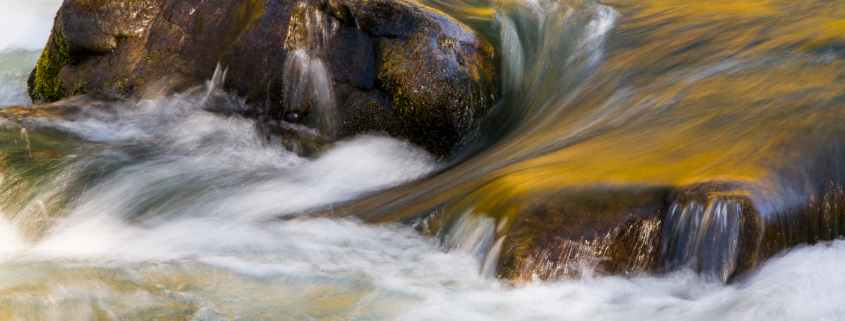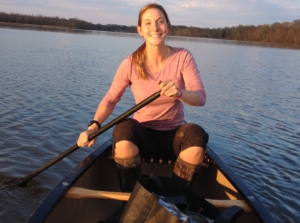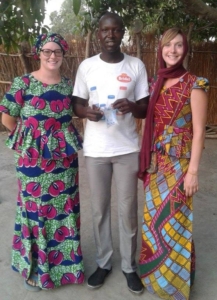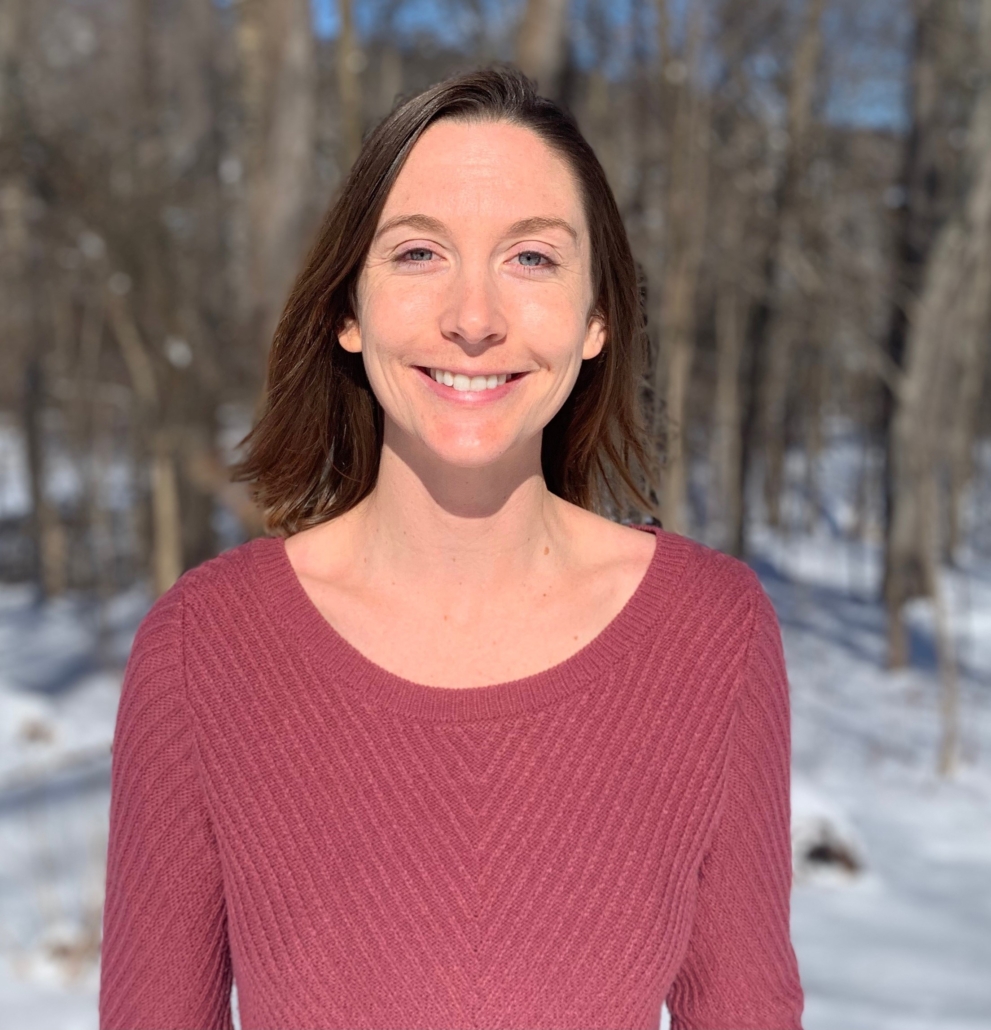Water Connects Us All
by Jenna Dodson, Staff Scientist
Have you ever watched water? Be it a stream, river, lake, or even a drainage ditch flowing with rainwater. Have you ever thought about where that water came from, where it will go, the length of its current journey? Take a river, for example. The water in a river will spend anywhere from a couple weeks to several months traveling from the headwaters to the mouth, where it often connects to another river, and eventually finds its way to the ocean. Once in the ocean, the water can remain there for a few thousand years before embarking on its next journey around the world. Although we only experience that water for a brief second as it rushes by us in the river, that water quite literally connects the planet, and we are an integral part of that story.
Photo by Kent Mason.
I love water because it is one of the best examples of the interconnectedness of living things. All life depends on water; all plants, all animals, all humans need water to survive. Plants absorb water through their roots, insects can absorb water through their bodies, and humans drink. Although we all ingest water differently, the basic need is the same. Think about that for a second. You have something in common with every living thing on the planet. We all need water. Water not only geographically connects the planet, it is also the foundation of life for every living being on the planet! For me, coming to and embodying that understanding has been life changing.
My journey with water began when I was on the Virginia Commonwealth University rowing team. I woke up at 5am every morning to get on the river by 6am. I remember taking in the beauty of sunrises while catching my breath between rowing exercises, and feeling moments of peace wash over me.
During my master’s fieldwork, I built upon that nascent connection. Canoeing along the James River monitoring bird boxes, I studied how the timing of mayfly emergences effect nestling growth rates. This helped me understand nature’s delicate balance, and furthermore, how seemingly small changes can have much larger consequences.
I continued to broaden my scope as I left the country to work abroad with the Peace Corps. As I worked with subsistence farmers in Senegal, I began to understand the inextricable connection between humans and nature, while being confronted with abject poverty and global inequality.
As I struggled to make sense of the world, I continued living abroad, this time in Sweden studying climate change and human rights. There I came to understand the scope of human impacts on planetary life, and how when we harm nature, we harm ourselves. After four years, I decided to move back to the U.S., determined to work and live by the phrase, “Think global, act local.
The United Nations recognized clean water as a basic human right in 2010. However, three in ten people in the world do not have access to safe drinking water, including millions of people in the United States, including hundreds of thousands in West Virginia.
Part of my job as the Staff Scientist will be to facilitate Safe Water for West Virginia, a program designed to help utilities and their communities work together to protect source water. And the common thread for organizations and people involved in this program? You guessed it – water!
Water has an innate ability to connect all life and all places across vast expanses of time. It forces us to confront the impacts of our actions and challenges us to prioritize the collective over the individual. Through coalition building, science-based advocacy, and lifting up the voices of those often unheard, I look forward to working with you as we work to fulfill our collective right to clean water. Please reach out, I’d love hear from you and about your connection to West Virginia’s water.








